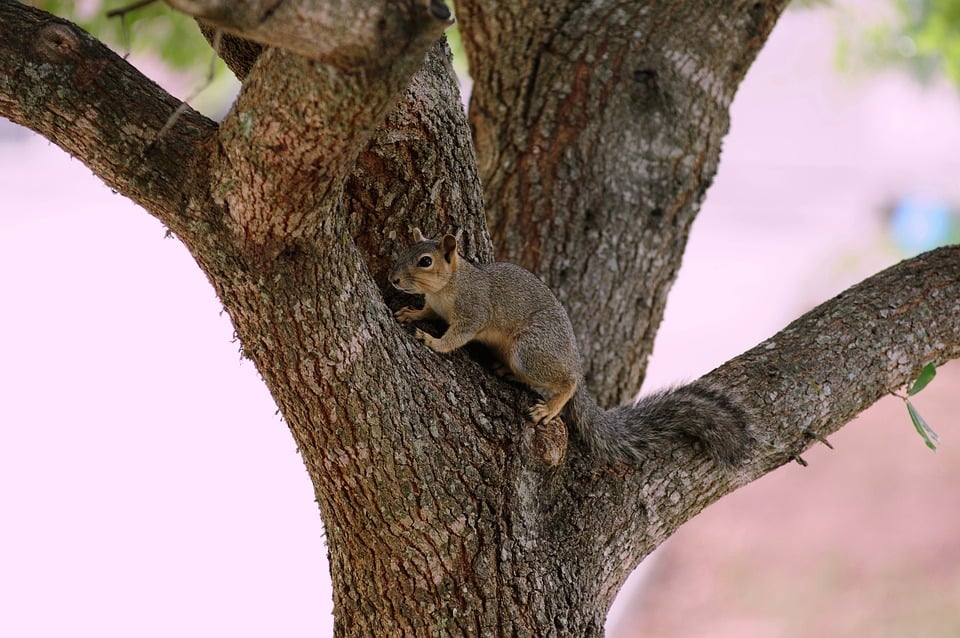Essential Interview Guides for Aspiring Wildlife Conservationists: Tips and Insights
Embarking on a career in wildlife conservation is akin to setting sail on an uncharted sea, teeming with vibrant ecosystems, endangered species, and the occasional storm of bureaucratic challenges. Aspiring conservationists must not only possess a passion for the natural world but also the skillset to navigate the often-competitive landscape of job interviews. Here are some invaluable insights and tips to help you stand out in your quest for a role in this vital field.
1. Know Your Stuff: Research is Key
Before stepping into the interview room, arm yourself with knowledge. Familiarise yourself with the organisation’s mission, recent projects, and the specific challenges they face. This is not just about showing off; it’s about demonstrating your genuine interest. Delve into their website, read up on recent news articles, and understand their conservation strategies. If they’re working on habitat restoration, for instance, be prepared to discuss not only the ecological significance but also the socio-economic factors at play.
2. The Power of Experience: Showcase Your Skills
When it comes to wildlife conservation, practical experience can speak volumes. Whether it’s volunteering at a local sanctuary, conducting field research, or engaging in community outreach, these experiences are gold dust. Use the STAR method (Situation, Task, Action, Result) to structure your responses. Paint vivid pictures of your involvement, what you learned, and how you contributed to the cause. Did you help organise a successful fundraising event? Did you collect data that led to a significant finding? These anecdotes will resonate with interviewers.
3. Demonstrate Your Soft Skills: Communication is Crucial
In wildlife conservation, you’ll often find yourself working alongside diverse teams, ranging from scientists to local communities. Hence, the ability to communicate effectively is paramount. During your interview, illustrate your interpersonal skills through examples. Perhaps you mediated a conflict during a group project or led a workshop on sustainable practices. Emphasising your ability to collaborate, listen, and adapt will set you apart as a well-rounded candidate.
4. Keep It Ethical: Show Your Commitment to Conservation
Employers in this field are searching for individuals who not only understand the science but also the ethical implications of conservation work. Be ready to discuss your views on pressing issues, such as climate change, poaching, and habitat destruction. Your perspective should reflect a balance of urgency and optimism. Highlight any ethical dilemmas you’ve faced and how you addressed them. This not only showcases your critical thinking but also your unwavering commitment to the cause.
5. Questions to Ask: Engage with Insight
An interview is a two-way street; it’s not merely about answering questions but also about engaging with your interviewers. Prepare thoughtful questions that reflect your interest in the organisation and the role. Inquire about their future projects, the challenges they anticipate, or how they measure success in their initiatives. This demonstrates not only your enthusiasm but also your proactive approach to understanding the broader context of the work.
The Path Ahead
Navigating the waters of wildlife conservation can be intricate, but with thorough preparation and a clear understanding of the landscape, you can enhance your chances of securing that coveted position. As you embark on this journey, remember that CVPortal continues to bring you a wealth of quality CV references, ensuring you’re always equipped to make a strong impression in your career pursuits. Embrace the adventure that awaits you in the realm of wildlife conservation!


